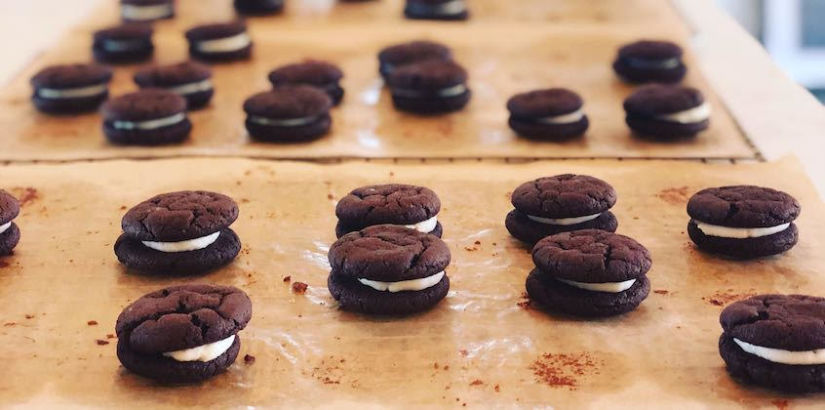Meal Planning for a Smoother Week
What does your day look like? You get up, maybe take your kids to school, and then you attend work or school yourself. At the end of the day, there are activities with friends, networking events, your children’s sporting events. That can make it tough to actually cook dinner, so you may end up ordering out more often than you’d like. That’s where meal planning comes in.
What is Meal Planning?
You may have heard about meal planning and how it can save you time and money, but what is it? At its heart, it’s planning a week’s worth of dinners in advance. The process is quite simple, but taking the time to do it can bring more organization and healthier choices to your routine.
Plan, Purchase, Prepare
A common meal planning method is to plan your dinners for Monday through Sunday. Do the planning on the preceding Friday, purchase your ingredients on Saturday, and do advanced meal preparation on Sunday.
The Planning Phase
During the planning phase, decide how many nights you’re going to have a home-cooked meal. Keep in mind leftovers, too. You may want to make, say, a double-batch of stew one night and freeze half for next week.
The Purchasing Phase
The purchase phase is when you go to the grocery store to get your ingredients. Stick mostly to recipes that use common ingredients. Opt for fresh produce that is in season and consider which ingredients you already have at home.
The Prepping Phase
During the prepping phase, you’ll prep what you can. Prep simply means getting parts of a meal ready before cooking, and many recipes will cover specific steps. Yes, you’ll need to cook each meal on the day you’ve scheduled it for, but often you can do a lot of it days ahead of time. This will take some time invested upfront, on Sunday in our timeline, but then all you’ll have to do is a little prep and to cook your meals on the days you plan to serve them.
While we can’t cover all prepping possibilities, here are some examples. You can cook whole grains or beans ahead of time in large batches. Store meal-sized portions in the freezer. Salad vegetables can be chopped and stored in the fridge for up to three days. Toss with a green salad when you’re ready to serve them, and only add dressing on meal day. Like tacos? Taco meat can be seasoned and cooked completely, then frozen in meal-sized portions in freezer bags.On Recipes
Meal planning provides a great opportunity for learning new recipes and mastering old ones. It’s also an opportunity to get the family involved on the weekend. Every week, most of the meals you prepare should be those you already know how to make, which will speed up prep time. Try to make one new recipe or a recipe you still need to refer to in your cookbook, every week. That way you won’t feel overwhelmed, but you’ll improve as a cook and give yourself and those eating with you more variety.
On Leftovers
We mentioned how it’s good to make enough food so there are leftovers, and how you can turn that into two dinners instead of one. You can also have leftovers for breakfast, or pack some for lunch. That means less work for you!
Meal Planning Can Be Flexible
Let’s say you have five meals prepped for the week, and on Tuesday, your best friend invites you out. But wait, you were going to cook that lasagne on Tuesday! No worries. Go out with your friend and cook the lasagne on one of the other nights you had planned for take-out. Or, maybe Tuesday evening rolls around and you don’t feel like lasagne, you feel like stuffed artichokes. No problem! Cook the artichokes you prepared on Sunday and make the lasagne on Thursday.
Meal planning can help make your life easier, but there are other things you can do as well. If you’d like additional tips for simplifying your life, check out our many articles on cleaning and organization.




